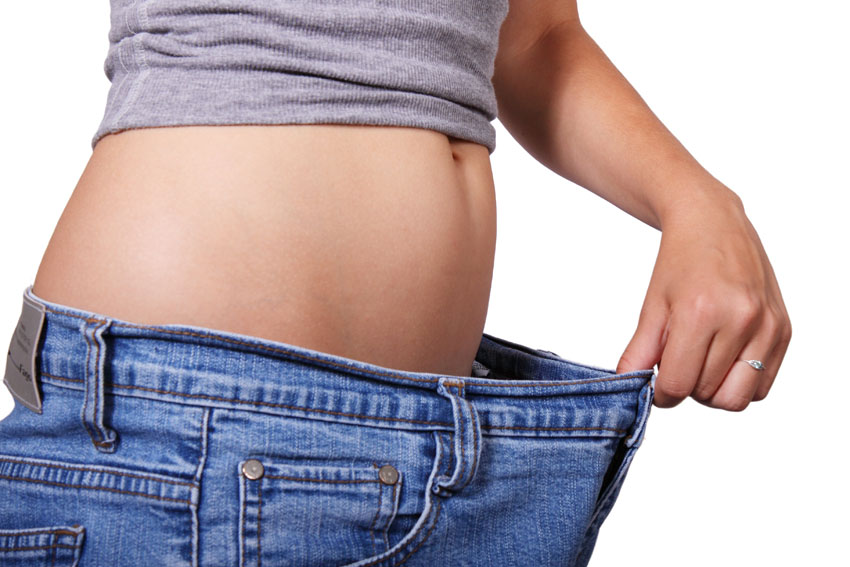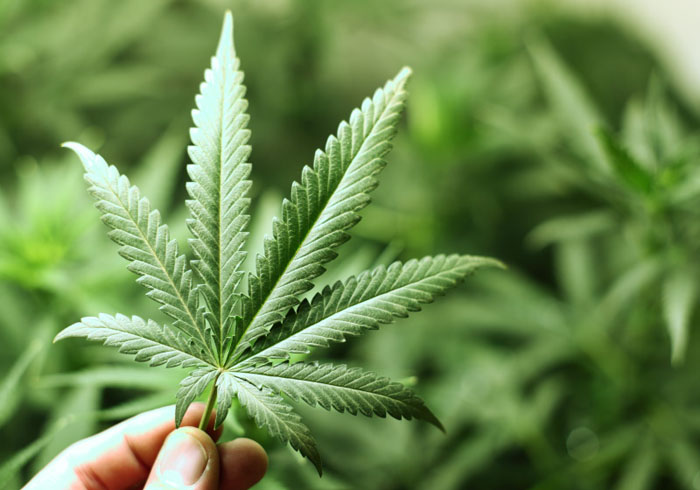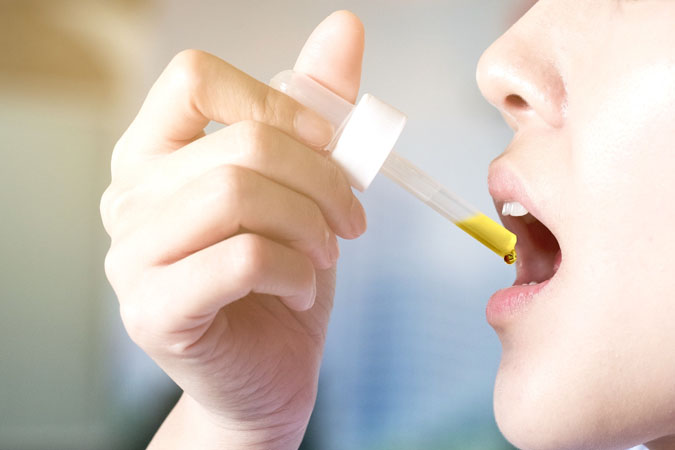Have a question? 06 70 73 89 02
🔞 Not for sale to under 18s
🔥 20% off EVERYTHING on the site with the code: FLASH!!! 🔥 ( except accessories and gummies)
Have a question? 06 70 73 89 02

According to the WHO, 39% of adults worldwide are overweight and 13% are obese, making overweight and obesity the fifth leading cause of death worldwide (along with diabetes, cancer and concomitant heart problems)[1].
Weight gain is linked to metabolism, the way the body consumes energy through a series of chemical reactions taking place in the body's cells.
Science distinguishes between active and basal metabolisms. Minimum energy requirements depend on several factors: weight, height, sex, age and thyroid activity. They generally range from 1,200 to 2,000 calories a day, obtained from food and converted into energy by the body. Excess calories are stored and must be eliminated through physical activity[2].
A good diet and exercise help to maintain a healthy metabolism. However, in practice, metabolisms differ from one individual to another, with some metabolisms consuming more or fewer calories to function. There is therefore a certain inequality when it comes to weight gain. So, while some individuals will be subjected to a strict physical and dietary regime, others will be able to eat what they want without gaining 1 gram!
CBD is a molecule derived from the hemp plant alongside THC, but which has no psychotropic effects. CBD acts on the endocannabinoid system. This system, found in all vertebrates (SEC for short), is made up of CB1 receptors in the central nervous system, CB2 receptors in the rest of the body, and metabolic enzymes. This system plays a major role in managing pain, inflammation and the day-night cycle. As a result, CBD can be beneficial in a wide range of cases: to relieve endometriosis and menstrual pain, to regulate inflammation caused by Lyme disease, to stabilize blood sugar levels in certain types of diabetes...
Metabolic enzymes play a role in many of the body's physiological functions, particularly energy storage and nutrient transport.

Several scientific studies have examined the role of CBD in weight loss:
First, a 2016 study by a group of Korean researchers from the Department of Biotechnology at Daegu University[3], which concluded that CBD is a promising molecule for obesity prevention.
There are two types of body fat: white and brown.
Activating these brown fats reduces the risk of obesity and diabetes[4].
The data from this study suggest that CBD plays a dual role. It plays a regulatory role by converting white fat into brown fat, and also stimulates metabolism to break down lipids.
A review of several clinical studies on CBD published in 2017[5], mentions one clinical study. This was a study carried out on animals for 14 days with a CBD dosage of 2.5mg/kg and 5mg/kg. Weight loss was observed, but more importantly, cholesterol levels fell by 25% (overweight people have higher cholesterol levels on average than people of normal weight[6]).
A previous study in 2008[7] examined the role of the endocannabinoid system, in particular CB1 and CB2 receptors, in regulating inflammation, cardiovascular risk and metabolism. It has been shown that EDC naturally stimulates these receptors, and therefore metabolism, to aid digestion and calorie burning. Similarly, several studies link obesity to an overstimulation of CB1 receptors, causing them to be scattered outside the central nervous system towards adipose tissue, and demonstrate that CBD could block the enzymes that activate these CB1 receptors[8].
Similarly, oxidative stress (aggression of cellular constituents, notably by free radicals) and inflammation (obesity is an inflammatory disease) play a role in weight gain. According to a 2012 study[9], CBD's direct impact on the SEC has been shown to reduce stress and anxiety, as well as inflammation, and thus to have major therapeutic benefits on metabolism[10].

One of the most effective ways to take CBD is to consume it in oil form. Simply choose your CBD oil and place a few drops directly under the tongue for about 1 minute.
The glands located under the tongue will allow rapid entry into the bloodstream and ultimately the endocannabinoid system. Although taking CBD has no side effects, it is advisable to start with a low dosage, then increase the number of drops as necessary.
CBD, or any other supplement or medication, is not a treatment for obesity. They are not a substitute for a healthy diet and regular exercise/sports. A person taking CBD as part of their weight loss plan without exercising or eating healthily may see no benefit at all.